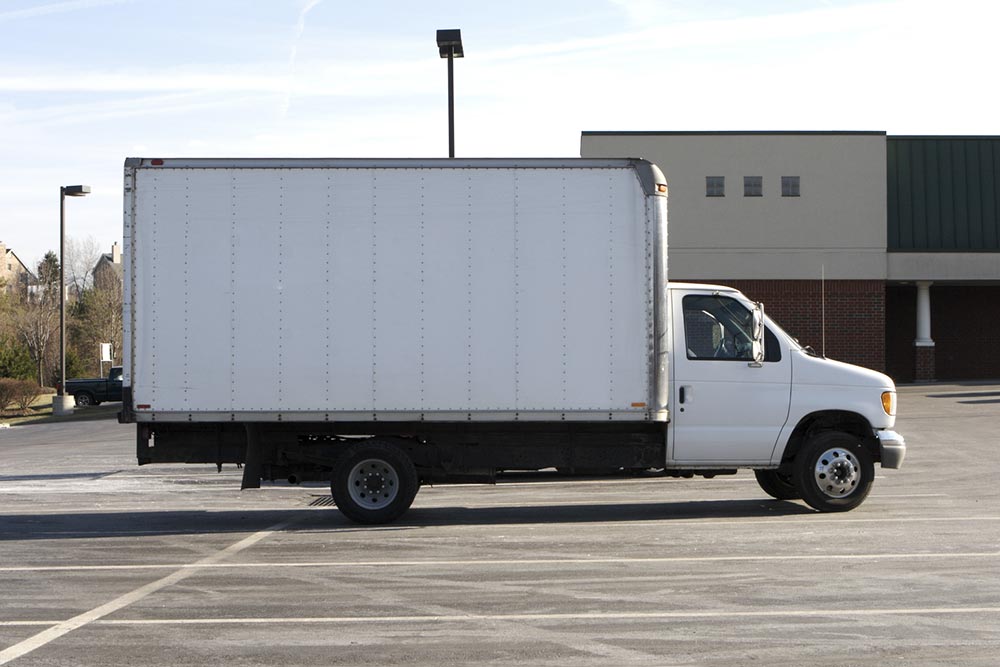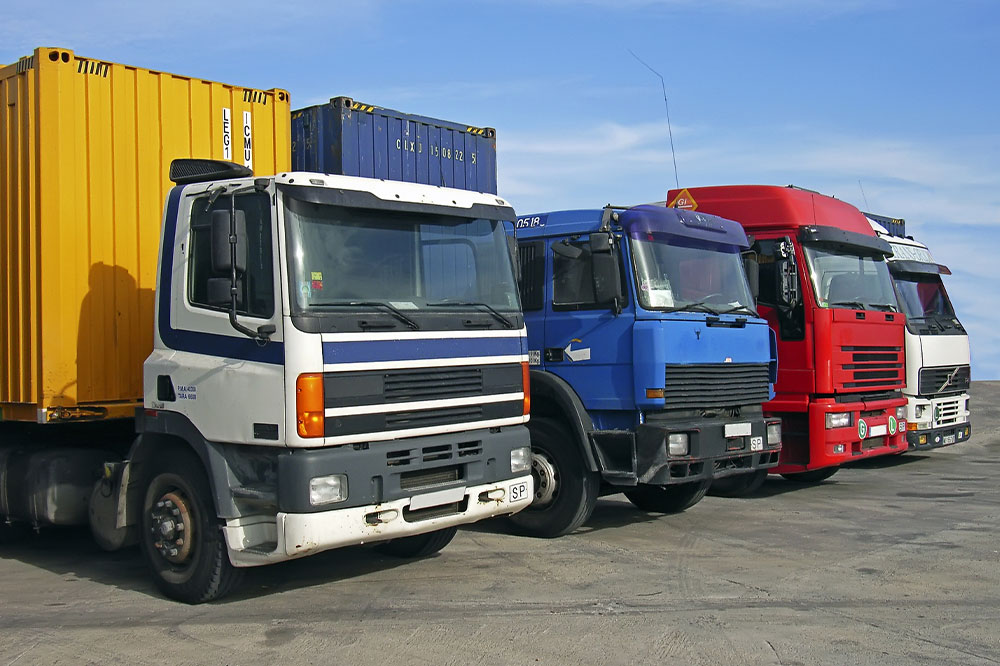Essential Tips Before Starting a Cargo Van Driving Career
Explore essential insights before pursuing a cargo van driving career. From licensing and vehicle maintenance to earnings and job opportunities, this guide covers all you need to know for a successful logistics role. Learn about requirements, costs, and how to find the right job to start your journey in the growing delivery industry.
Sponsored

The logistics industry has seen explosive growth in recent years, especially due to the boom in online shopping. This has increased demand for delivery drivers, including those operating cargo vans. While trucking jobs are popular topics, cargo van drivers and independent owner-operators play a vital, yet often overlooked, role in logistics and deliveries.
Requirements for Becoming a Cargo Van Driver
Typically, candidates need a valid state driver’s license and must be at least 21 years old to qualify. Training is usually provided at the start of employment. Another option is to become a self-employed cargo van owner-operator, which involves transporting goods on a freelance or contract basis, depending on personal preference and opportunities.
Ownership as a cargo van operator entails additional requirements, such as:
Commercial Driver’s License (CDL): This special license is mandatory for driving large vehicles such as trucks and trailers. To obtain it, applicants need to pass a knowledge test, select the appropriate license type, and clear a certification exam.
Vehicle Condition: The cargo van should be well-maintained, clean, and free of damage. Poor condition can raise red flags during hiring processes.
Minimum Age: Most companies require drivers to be at least 21 years old.
Driving Experience: Often, a year or more of recent commercial driving experience is preferred.
Clean Driving Record: A spotless record is crucial, as history of accidents or violations can disqualify applicants.
Insurance: Cargo and auto insurance coverage is needed to mitigate potential damages or losses.
In addition to these criteria, owner-operators should be ready to sign contracts, maintain tax IDs and accounting records, and possess the necessary equipment. Traits like punctuality, reliability, self-motivation, and professionalism are also important for securing and maintaining jobs.
Cargo vans are used to transport various items, including parcels, medical supplies, furniture, electronics, auto parts, food, construction resources, textiles, pet supplies, artwork, and legal documents. Each load type may demand adherence to specific regulations and handling protocols.
Expected Earnings for Cargo Van Drivers
Salary varies widely based on experience, location, load type, and driving hours. On average, owner-operators can earn between $1 and $2 per mile, with an annual income around $77,000. Employees working for companies receive a regular salary, while owner-operators may earn through percentage-based pay or per-mile rates.
Expenses to Consider as a Cargo Van Owner-Operator
Entering this field requires investing in various costs, including:
Van Purchase: Buying a suitable cargo van can cost between $25,000 and $50,000 or more for higher-end models.
Maintenance: Regular servicing, oil changes, tire replacements, and repairs are necessary to keep the vehicle operational.
Fuel: Fuel expenses are ongoing and depend on mileage and fuel prices.
Insurance: Vehicle and cargo insurance are mandatory costs to protect against damages and liabilities.
Tax and Paperwork: Owners handle their taxes, permits, and administrative tasks needed for business operation.
Where to Find Cargo Van Driver Opportunities
Job listings are widely available on online job portals. Many companies post vacancies directly on their websites or through industry contacts. Networking with other drivers and reviewing company reviews helps prevent unpleasant surprises. Carefully vetting potential employers ensures a good work environment and fair treatment.






